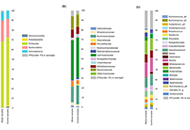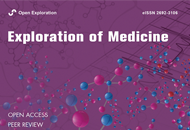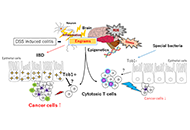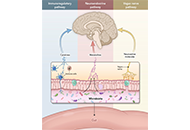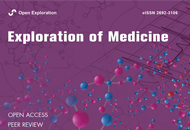
The Role of Gut Microbiota and its Metabolites in Gastrointestinal Diseases
Guest Editors
Dr. Feng Tian E-Mail
Department of Gastrointestinal Surgery, Shandong Provincial Hospital Affiliated to Shandong University; Shandong Provincial Hospital Affiliated to Shandong First Medical University, Jinan, China
Dr. Changqing Jing E-Mail
Department of Gastrointestinal Surgery, Shandong Provincial Hospital Affiliated to Shandong University; Shandong Provincial Hospital Affiliated to Shandong First Medical University, Jinan, China
About the Special lssue
Gut Microbiota (GM) is known as the second human genome. It is not only related to nutrition and metabolism, intestinal dysfunction, intestinal inflammation and immunity, and gastrointestinal tumors, but also can regulate the function of remote organs. The cross-talk between Gut Microbiota itself or its metabolites and intestinal cells plays an important role in the occurrence and development of gastrointestinal diseases. Although more and more diseases are confirmed to be related to Gut Microbiota, there are still many unknown areas worth exploring, including new discoveries of diseases, exploration of regulatory mechanisms, and evaluation of clinical interventions. Thus, we would like this special issue to focus on this area of Gut Microbiota and gastrointestinal diseases which remains under-appreciated.
The content will range from a phenomenon description to their role in disease mechanism, with a primary focus on gastrointestinal diseases, and potential intervention evaluation in ameliorating human suffering.
Keywords: Gut microbiota, bacterial strain, gastrointestinal dysfunction, intestinal motility, nutrition and metabolism, gastrointestinal tumors
Published Articles
